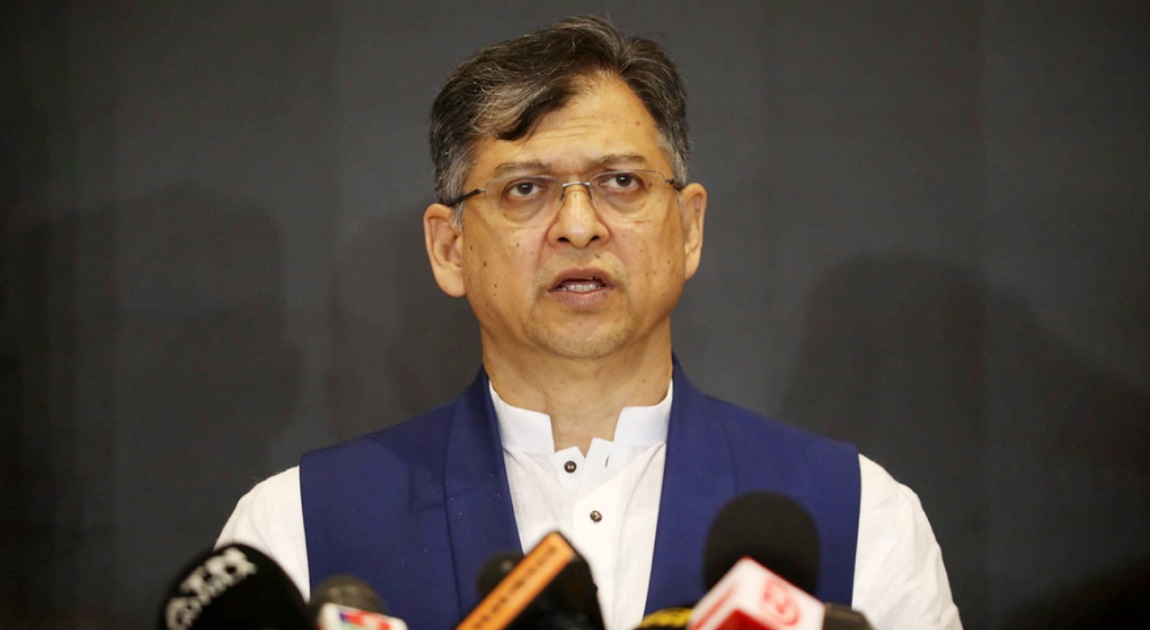BNP Standing Committee Member Salahuddin Ahmed has responded to Jamaat-e-Islami’s recent reaction regarding the London meeting between BNP Acting Chairman Tarique Rahman and Interim Government Chief Adviser Professor Muhammad Yunus.
Jamaat had claimed that the chief adviser showed a particular preference toward a specific political party during the discussions.
In his statement, Salahuddin clarified that the proposed election timeline discussed in London is not a display of favoritism toward any party.
Instead, he noted that the suggested schedule — an election in the first half of February 2026, before the Ramadan of that year — aligns with a perspective earlier expressed by the Jamaat-e-Islami Amir.
Salahuddin pointed out that Jamaat’s own reaction confirmed that the Amir had conveyed this idea to the media after a meeting with a foreign mission on April 16.
Following Jamaat’s official statement on Saturday afternoon, Salahuddin responded to their concerns and also addressed the reactions from the National Citizens’ Party (NCP), a group led by young leaders of the July Uprising.
The London meeting, held on Friday, involved BNP’s Tarique Rahman and Chief Adviser Professor Muhammad Yunus.
In a joint declaration after the meeting, it was announced that if preparations are completed, elections could be held by mid-February next year, before Ramadan.
The NCP, however, criticized the development on Friday night, expressing concern that the interim government appeared to prioritize the demands of one political party over a national consensus.
The NCP emphasized that final election talks should only proceed after fulfilling the "July Charter" reforms, introducing judicial roadmaps, and ensuring broader political agreement.
Salahuddin responded by saying that the new political party (NCP) is viewing the London announcement from a narrow party-centric perspective.
He urged them to rise above partisan interests and to make decisions considering the greater national interest, suggesting they need more political maturity and experience.
Despite the apparent understanding between the government and BNP over the election timeframe, other political parties — including Jamaat-e-Islami, NCP, Islami Andolan Bangladesh, and Bangladesh Khelafat Majlish — have expressed dissatisfaction.
They have no objection to holding elections in February but have raised ethical concerns about whether the government should make such joint declarations with only one political party involved.

















-20260221022942.jpg)
-20260221022827.webp)















